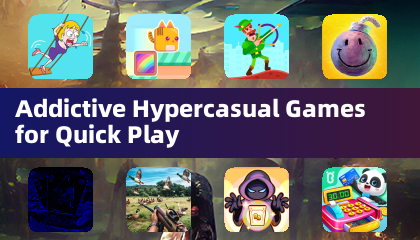
The "AAA" label in game development is losing its relevance, according to many developers. Initially signifying massive budgets, high quality, and low failure rates, it's now associated with profit-driven competition that often sacrifices innovation and quality.
Charles Cecil, co-founder of Revolution Studios, calls the term "silly and meaningless," a relic of a time when increased publisher investment negatively impacted the industry. Ubisoft's Skull and Bones, marketed as a "AAAA" title, ultimately failed after a decade of development, highlighting the emptiness of such labels.
Major publishers like EA face criticism for prioritizing mass production over player engagement. Conversely, smaller, independent studios frequently produce games with a stronger impact than many "AAA" titles. Baldur's Gate 3 and Stardew Valley exemplify how creativity and quality surpass budget in creating memorable experiences.
The prevailing belief is that a profit-first mentality stifles creativity and risk-taking, hindering innovation in large-scale game development. The industry needs a paradigm shift to recapture player interest and inspire future generations of game creators.















